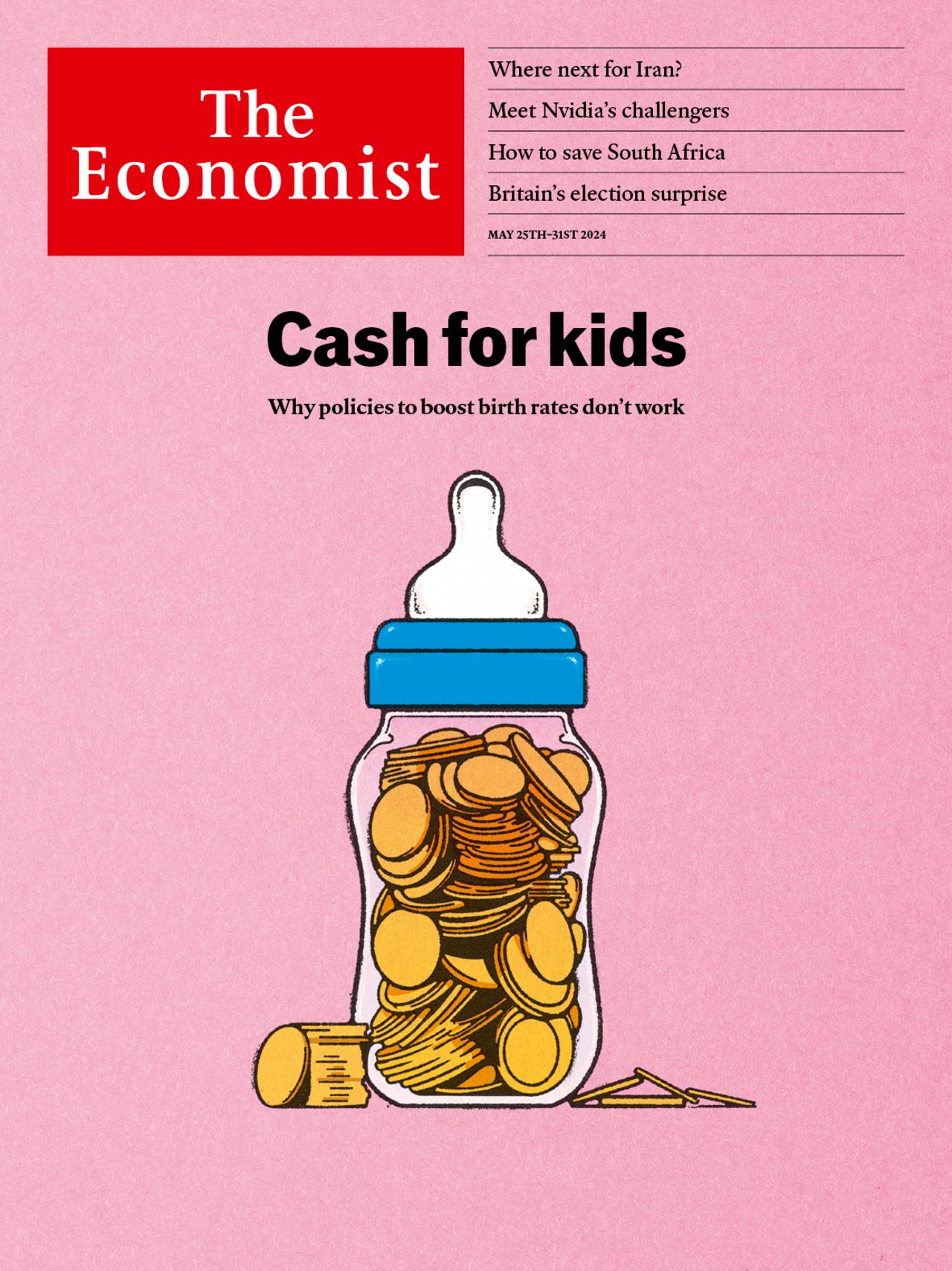Ukraine’s desperate struggle to defend Kharkiv
It is holding off Russia’s attack — for now
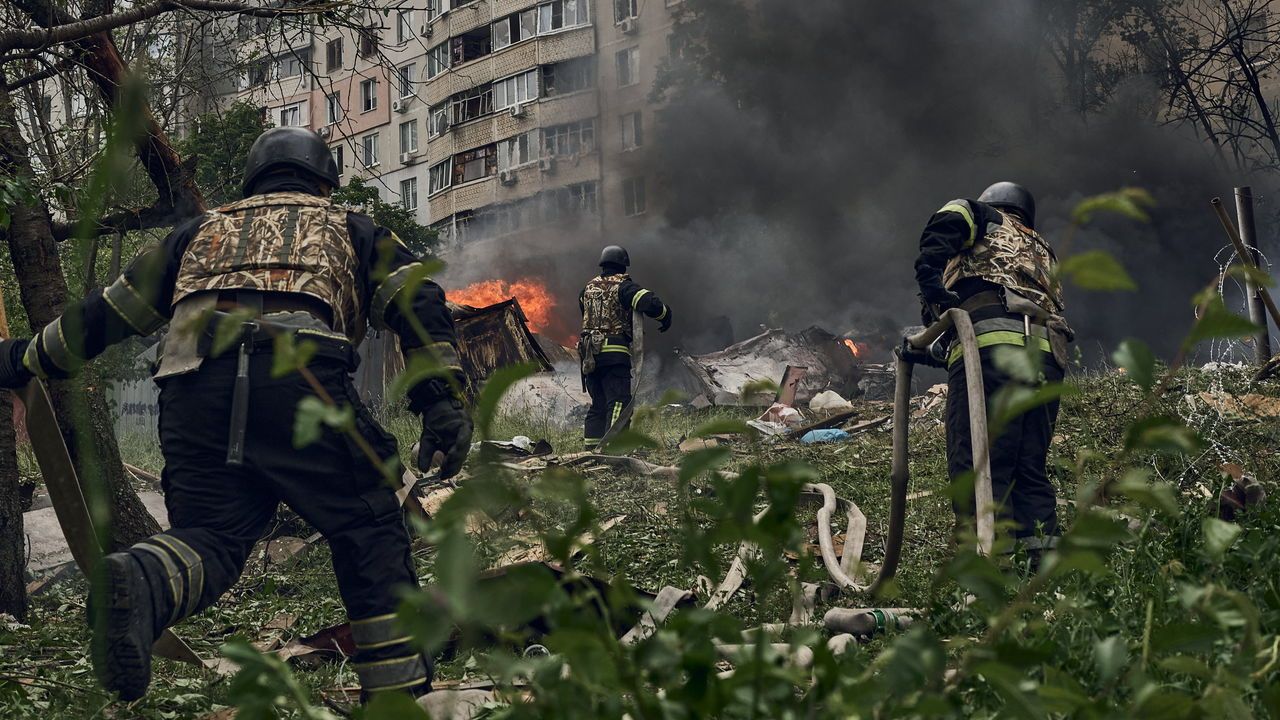
ANNA SITS in silence for most of the car journey from Kyiv to Kharkiv, her face contorted with worry. “The Russians come closer, closer, closer, but he’s just not listening to me,” she says. Anna made a point of visiting her 75-year-old father regularly, checking in on him at the simple brick house he built 45 years ago near Kharkiv’s glimmering Pechenihy reservoir, east of the city and close to the Russian border. This time, with the din of artillery in the background, she had come to persuade him to leave—to escape a Russian advance already enveloping Vovchansk, 25km to the north. After a hug and a few tears, the initial conversation does not go well. “The TV and radio say it can’t get worse,” insists Petro. “The Russians are losing. Sanctions, losses. Reinforcements are coming our way. They can’t come further.”
Ten days after the start on May 10th of Russia’s offensive in Kharkiv province, the pace of the advance has slowed. For now, Ukraine is holding the Russians roughly halfway through Vovchansk—a town, just 5km from the border, that is now being turned to ashes—and at positions roughly 9km inside Ukraine further west, near Lyptsi. With an estimated 48,000 troops ready, Russia does not have the forces for a major attack on Kharkiv city, Ukraine’s second biggest. But local military leaders insist that the situation remains precarious, and could change quickly. Russian columns were halted only after several experienced brigades were redeployed and came to the rescue, one says; Vladimir Putin will “surely” try his luck by opening a new attack elsewhere in the region.
Explore more
Europe May 25th 2024
- As the Euro-elections loom, Giorgia Meloni guards her right flank
- How the hard right both reflects and creates prejudice
- Ukraine’s desperate struggle to defend Kharkiv
- Le Pen’s hard right looks set to crush Macron’s centrists
- The fight over meat-free meat pits Europe’s traditionalists against foodie innovators
More from Europe
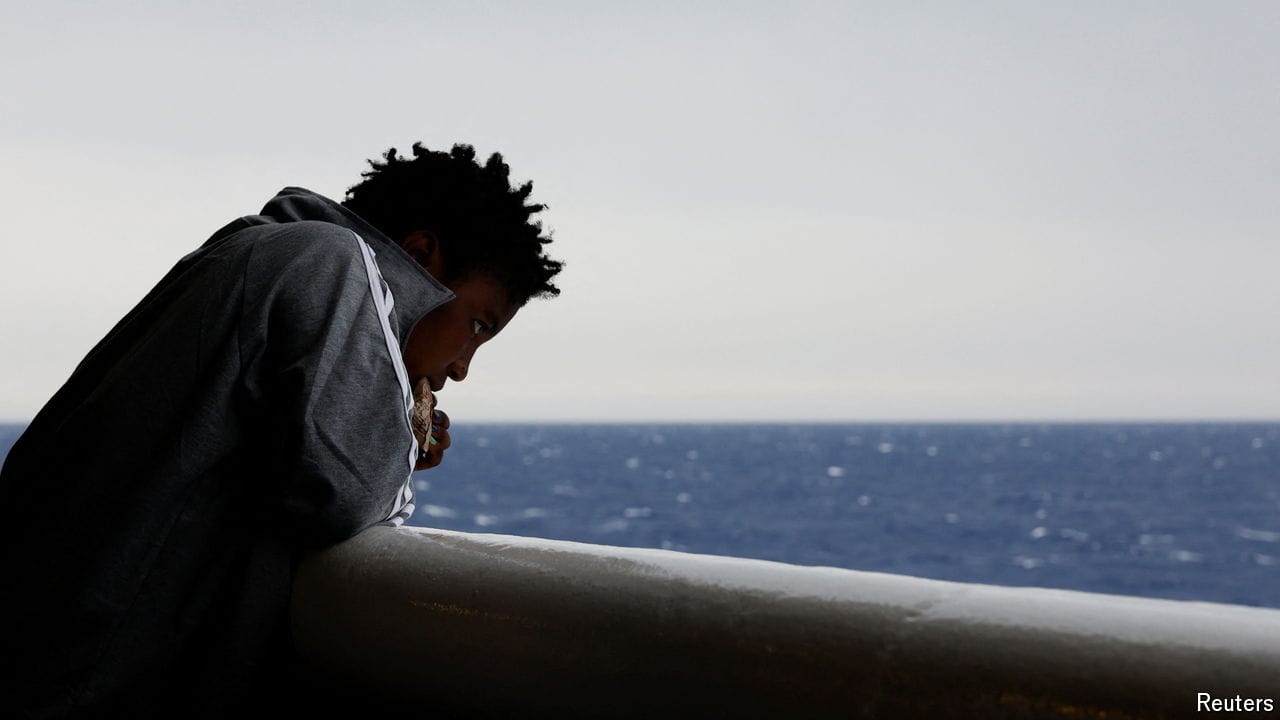
Will a new “pact” of ten laws help Europe ease its migrant woes?
It will require an extraordinary number of institutions to work together
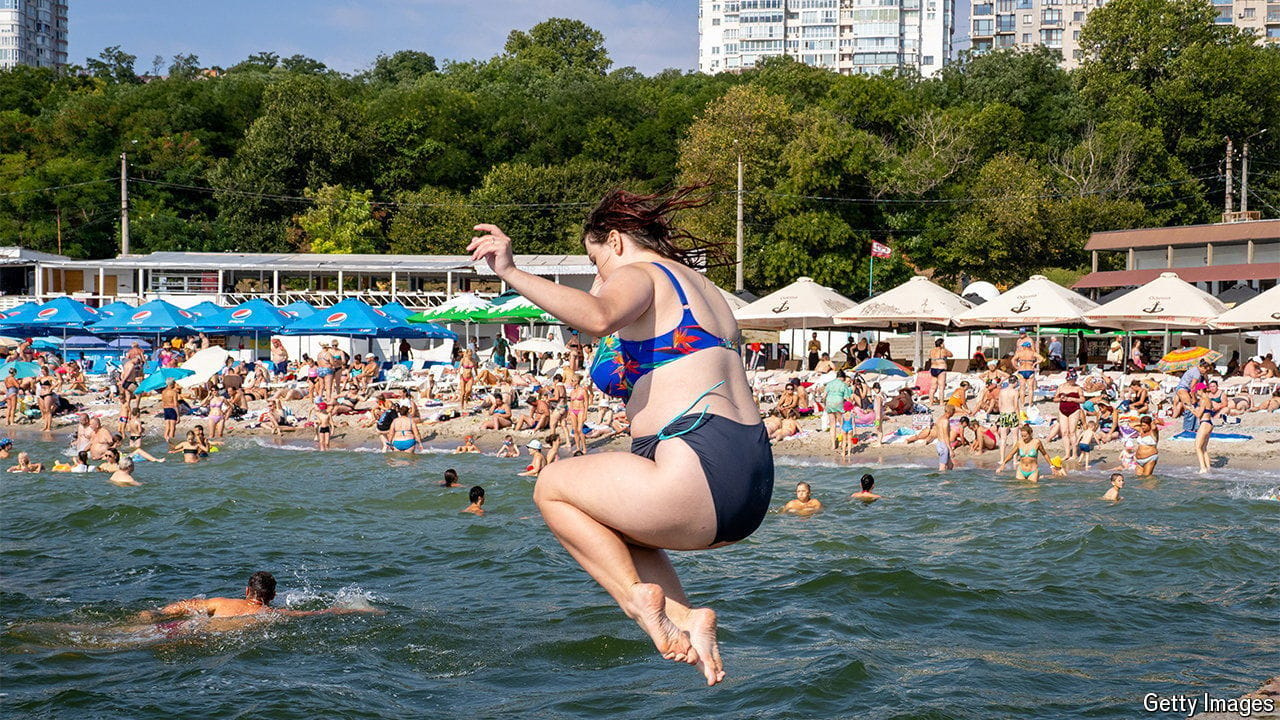
Amid the bombs, Ukrainians rediscover the beach
Odessa gives itself permission to tan again
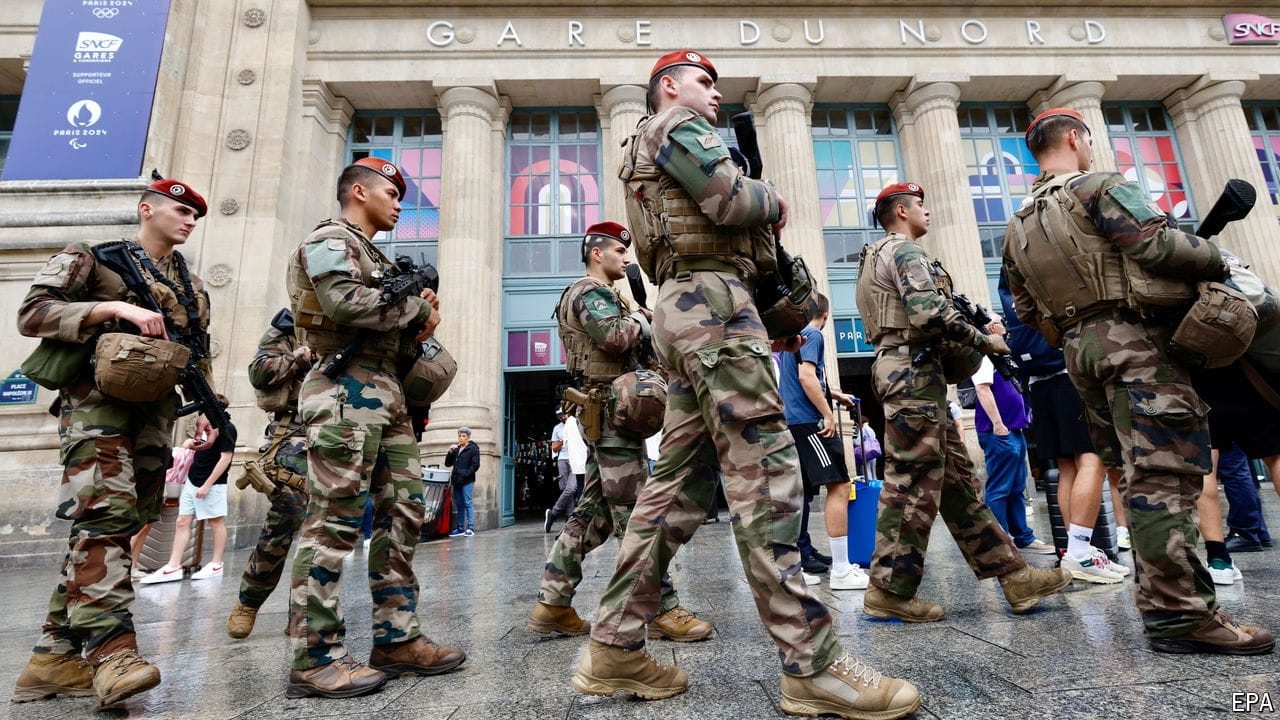
Who was behind the arson attacks on railways before the Olympics?
With thousands stranded, suspicion falls on Russia or Iran
Italian right-wingers have renamed Milan’s airport after Silvio Berlusconi
A finger in the eye of those who detested the late populist leader
European countries are banding together on missile defence
The Ukraine war shows how dangerously few interceptors they have
Peter Magyar is reinvigorating Hungary’s struggling opposition
Attacking Viktor Orban’s corruption wins votes for a political newcomer
